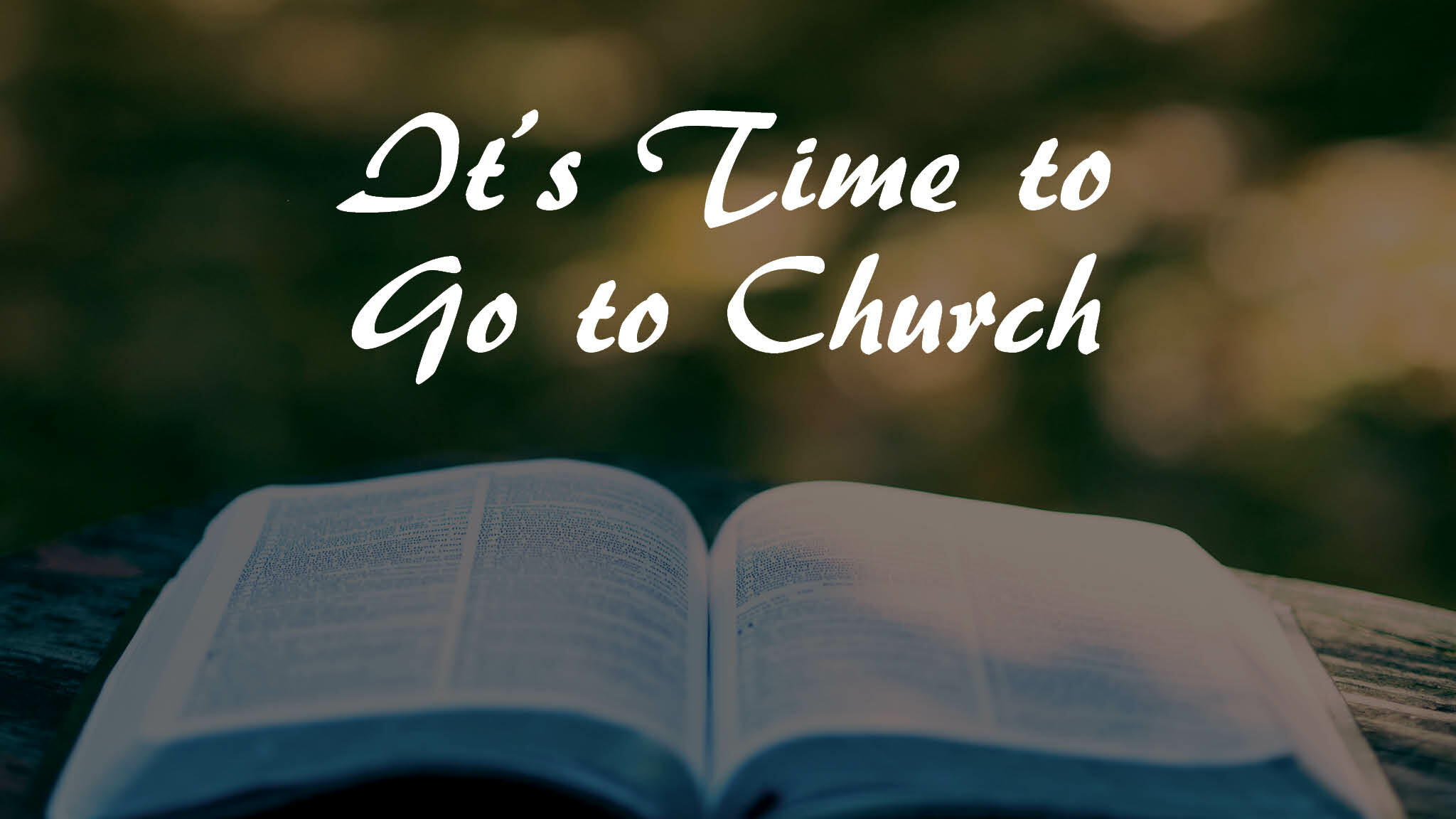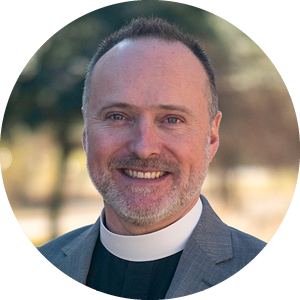
The most significant decision a Christian makes every week is whether they will go to church. The corporate worship of God is the principal activity of the people of God, and as the Westminster Catechism reminds us, the reason for which we were created. No other decision will so impact a disciple’s beliefs and practices than entering the house of worship on the Lord’s Day. But each month that this pandemic continues, this vital decision becomes more difficult.
Part of the problem is the digital streaming technology that has carried us through months of church closures. What began as an online necessity has become an ongoing preferred option for many who are healthy enough to return to in-person worship.
Truly, pastors need to tread carefully as we encourage parishioners to return to church because many of our high-risk parishioners will legitimately choose to stay away for some time. It is for these members of our flock that we must continue our live-stream services, pastoral phone calls, and Zoom small groups. But where a church provides in-person worship carefully following safety guidelines from the CDC, as well as local and state authorities, healthy parishioners need to be strongly encouraged to return.
When we decided to reopen our sanctuary, we required masks, social distancing, hand sanitizing, and significant changes for the administration of Holy Communion. What was particularly encouraging was to see our members who are doctors and medical professionals affirm these decisions by voting with their feet. These front-line heroes, who know this virus better than any, returned to church.
Part of our job as pastors in this unprecedented season is to teach and preach on why in-person worship is essential. The availability of a digital church experience has added fuel to perennial heresy that “I don’t need to go to church to worship God.” David’s words that “the heavens declare the glory of God, and the firmament shows his handiwork” (Ps 19:1, New Coverdale Psalter) are readily misused to defend the sentiment that God is better seen in a rainforest, mountain range, or vast ocean than in a church building. But David would counter such foolishness with more of his psalm lyrics, “One thing I have desired of the LORD; one thing I seek: that I may dwell in the house of the LORD all the days of my life, to behold the fair beauty of the LORD, and to seek him in his temple” (Ps 27:4-5, NCP).
David’s desire to seek God in church versus simply seeking him in the world is grounded in the vast difference between general revelation and special revelation. The Lord’s general characteristics can be seen in his creation — his majesty, his strength, his creativity. But you will never learn that Jesus died for your sins and rose from the dead by watching a mighty waterfall. For this special revelation, the Lord has given us his Word and Sacraments. We can, and should, read God’s Word individually to grow in our personal devotion. But only in gathered worship can we fully “hear, read, mark, learn, and inwardly digest” God’s special self-revelation in Word and Sacrament (p.598, BCP2019). And God has given us sacred places where together we can participate, rehearse, grow in, and be sent by what he has revealed to us. You don’t need to go to church to be a Deist. You do need to go to church to be a Christian.
To be clear, online services of the Word provide a vital stop-gap for those who cannot be present in church for a season. The Church has always provided special services for those in extreme circumstances, such as being shut-in, sick, or dying. These liturgies are truly means by which the Holy Spirit can convict, comfort, and sustain us in weakness. But these services are provisional and not intended to be an ongoing substitute for gathered church services. We must be careful that we do not allow a temporary provision to become the new normal. In fact, the Collect for the Recovery of a Sick Person articulates that healing’s goal is restoring a person to public worship, that “he may be restored to health of body and mind, according to your gracious will, and may give thanks to you in your holy Church” (p.664, BCP2019).
As the Church re-emerges from a long season of provisional worship, pastors have a unique opportunity to rekindle our parishioners’ imaginations regarding worship. David understands what many moderns have forgotten — that to fully behold God (as much as we can, this side of heaven) is to behold him in his ordained places of worship. “Thus I have looked upon you in your holy place, that I might behold your power and glory” (Ps 63:3, NCP). Matter matters to the God who created matter, and his Incarnation demands that we thoughtfully consider place, body, and beauty as we worship. Part of what draws people into Anglican worship is the careful ordering of our worship so the Gospel is beheld by all of our senses. These are not mere aesthetics, but a biblical commitment to the God who spends 57 chapters describing to Israel in painstaking detail how to build a place of worship and what do to in that place. Whether we contextualize all this for mission in a cathedral or a coffeeshop church plant, we believe that it is in gathered liturgical worship, in a carefully ordered space, that we most fully behold our God.
The Church in pandemic needs to grapple with the reality that the men and women of faith in Scripture could not comprehend any trial keeping them away from church for long. Believers facing persecution, plague, and national crisis continued to find ways to meet. It is an exciting time to be a pastor, tasked with caring well for our shut-ins, while also calling the rest of our flock back to church. This is the most significant decision a Christian makes each week, “for in the time of trouble he shall hide me in his tabernacle” (Ps 27:6, NCP).
